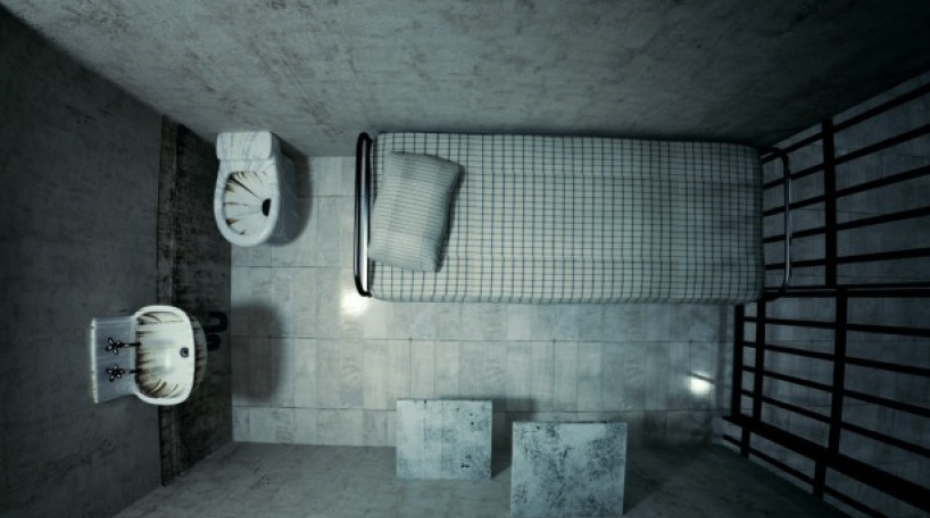Over 80,000 men, women and children currently sit behind bars in America, in extreme isolation. For 23 hours a day, seven days a week, they are confined to a cell that is smaller than the size of a bathroom in an average one bedroom apartment. Let that sink in for a moment. They are stripped of their privacy, ability to interact with other individuals, and even something as basic as their knowledge of what time it is. The world outside continues on without them. Technology is developed, governments collapse, and still they sit, in isolation, clinging onto whatever memories of freedom they have.

It is all too easy for us, and for our consciences, to rationalize that these individuals deserve such a punishment, because they have committed crimes and must pay the price. However, this system is doing nothing to rehabilitate the individuals it places within it. Those in solitary confinement are more likely to develop:
- Anxiety
- Depression
- Suicidal thoughts
- Psychosis
- Decline in physical health
Now, we have to ask ourselves, are these symptoms in any way rehabilitating these incarcerated individuals? I would argue no. I would argue that in fact, solitary confinement is resulting in severe harm designed only to be punitive. The American criminal justice system historically developed around four main goals: 1. Rehabilitation, 2. Retribution, 3. Incapacitation, and 4. Deterrence. Solitary confinement used to be an opportunity for individuals to repent and hypothetically get closer to God in isolation. By being away from the temptations of a criminal life in the outside world, individuals were supposed to have an opportunity to see the wrongdoing of their actions. Instead, solitary confinement became a way for prison guards to maintain conformity. If an individual had one too many t-shirts, or pieces of paper in their cell, it was off to the hole.
In a recent article published by the New York Times entitled, “‘Dying Inside’: Chaos and Cruelty in Louisiana Juvenile Detention,” by Megan Shutzer and Rachel Lauren Mueller, the horrors of solitary confinement and the impacts it could have on one’s psyche were exposed. At Ware Detention Center, in Louisiana, there were at least 64 suicide attempts in 2019 and 2020. These children were subject to the same “23 and 1” system in other federal penitentiaries, despite being children and it being against the law. Knowing the severe psychological impacts of solitary confinement, the state limited isolation to 72 hours in 2013. However, at most prisons, this rule is not followed.
Even as early as 1865, prison administrators recognized the torment that solitary confinement was inflicting on its inhabitants. Yet, it still continues to exist, and is widely used. How many lives are we willing to risk for feigned safety? There is no evidence that solitary confinement results in positive behavioral changes. Instead, it seeks to break a person until they conform. When are we going to stand up and say enough is enough? Every day, people continue to wile away behind these bars, experiencing physical violence at unprecedented levels. We can no longer call this rehabilitative. It’s time to unlock the box.
